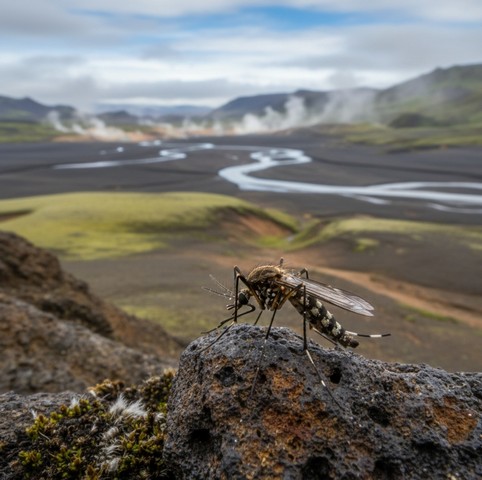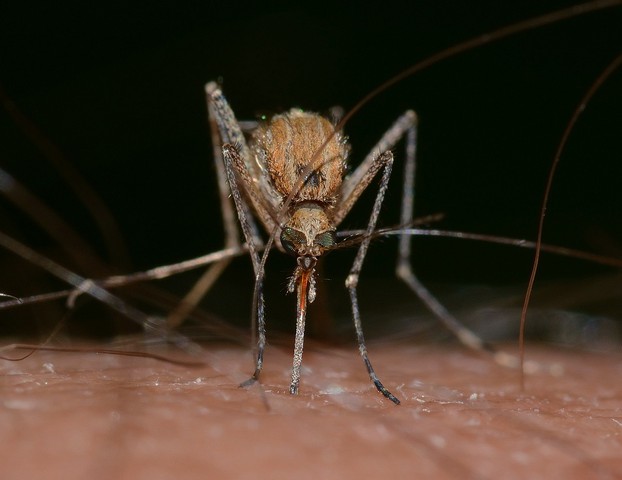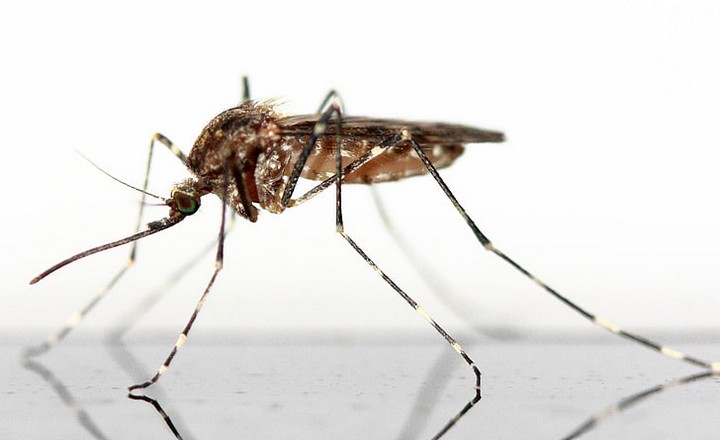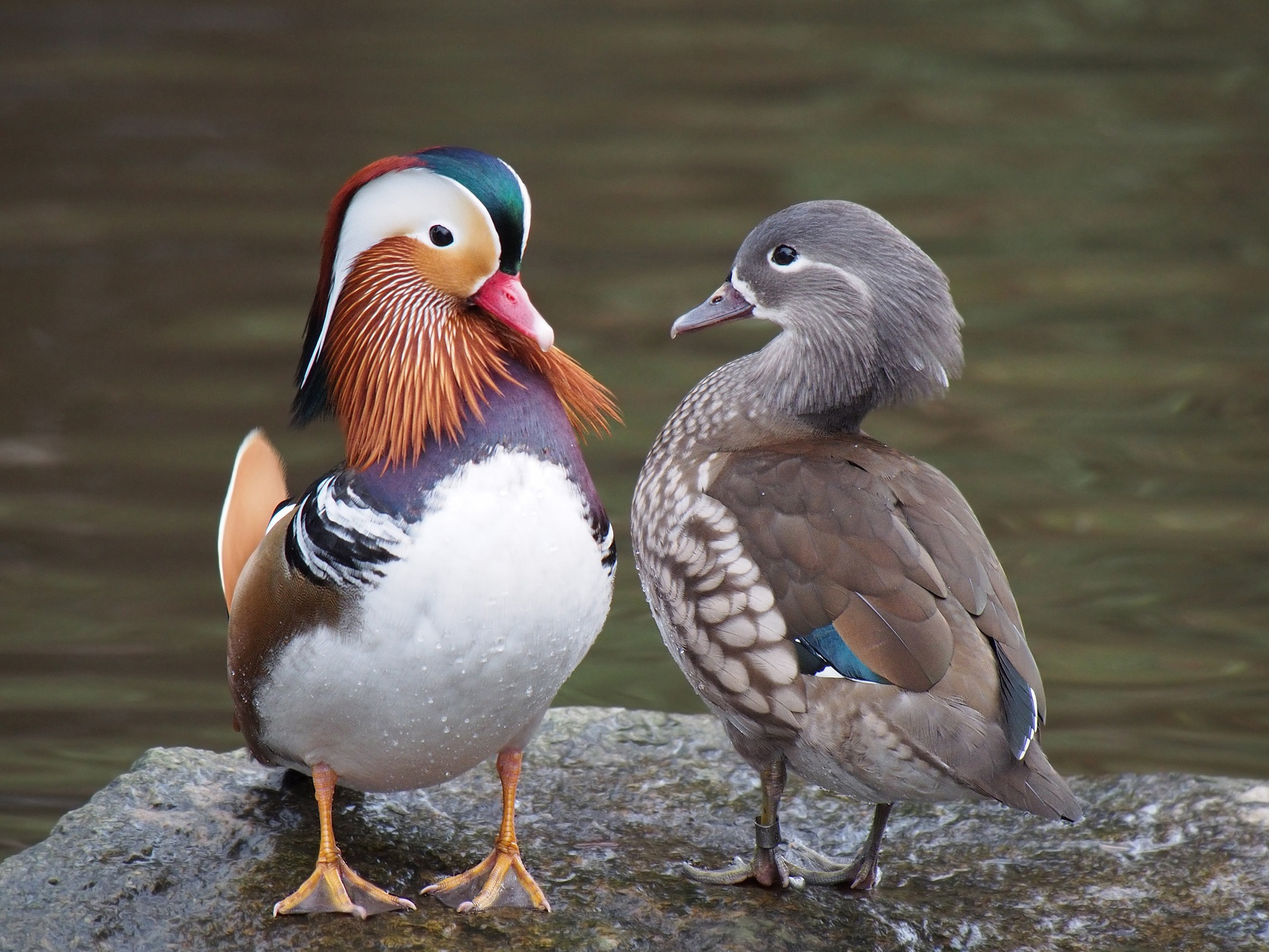Why are there no mosquitoes in Iceland?

Iceland is a land of volcanoes, hot springs, and endless lava fields. Another of its attractions, described by tourists as almost magical, is the virtually absence of mosquitoes. For many returning from the swampy summer regions, this is one of the most pleasant discoveries. But why haven’t these pesky bloodsuckers taken hold in a country so full of water and swampy depressions?
A Short Course in Biology: From Egg to Mosquito
To understand the reason, it’s helpful to remember how mosquitoes themselves live. Most species lay their eggs in stagnant or slowly flowing fresh water: puddles, swamps, ponds, flooded fields, and haystacks. The larvae spend days or weeks in the water, then metamorphose into a pupa and, finally, into a flying adult mosquito. This entire cycle depends on temperature, the stability of the water body, and time—the warmer and calmer the water, the faster the larvae grow.
Why Iceland Won’t Work for Them
- Cold and short summers. In Iceland, even in summer, temperatures often hover around 10–15°C. For most mosquitoes, larval development is significantly slowed by low temperatures, and in cool conditions, the cycle may simply not be completed within a season.
- There’s little stable fresh standing water. Although Iceland has many streams and rivers, most bodies of water are fast-flowing mountain streams or mineral-rich areas, where mosquito breeding conditions are unstable. Permanent, shallow, standing pools, ideal for nesting, are less common.
- Winds and open spaces. The country’s coasts and plains are often buffeted by ocean winds. Strong winds prevent larvae and young mosquitoes from developing successfully and limit the insects’ long-distance transport.
- Island isolation. Iceland is geographically isolated from the mainland, reducing the chances of colonizing mosquitoes arriving and establishing a permanent population. Several successful introductions are required for a permanent population to emerge, and the likelihood of this is low.
- Mineral and temperature “landscape.” Frequent volcanic deposits, saline coastal landscapes, and the chemical composition of some waters make the environment less favorable for many freshwater larvae.
Are there any dipterans here at all?
Yes, various small dipterous insects related to mosquitoes are found in Iceland. However, many of them do not bite humans or appear in relatively small numbers. The word “mosquito” is often used in common parlance to refer to any small bloodsuckers, but there are no true, widespread bloodsucking populations here.

What is changing the climate?
A warm climate is key to success for many mosquito species. With global warming and changes in precipitation patterns, the chances of new species establishing themselves and reproducing in northern regions theoretically increase. Scientists are monitoring these changes: changing temperatures and the advent of warmer summers could lead to previously unsuitable habitats becoming suitable for insect breeding. For now, Iceland remains one of the few mosquito-free countries in Europe. You can read about the role of mosquitoes in nature in a separate article on LifeGlobe.net.

Why is this important for tourists and residents?
The absence of large mosquito populations isn’t just a comfort; it also reduces the risk of certain diseases transmitted by horseflies and mosquitoes in other regions. For tourists, this means less insect repellent in their luggage and more enjoyable walks through peat bogs and by hot springs.
Iceland is a good example of how climate, geography, and geological history combine to create a unique ecosystem. The absence of mosquitoes, familiar to many, is a result of short, cold summers, a lack of stable, standing freshwater bodies, strong winds, and natural isolation. However, with climate change, this “privilege” may be under threat—and this is yet another reason to observe nature and appreciate what each country offers us.




